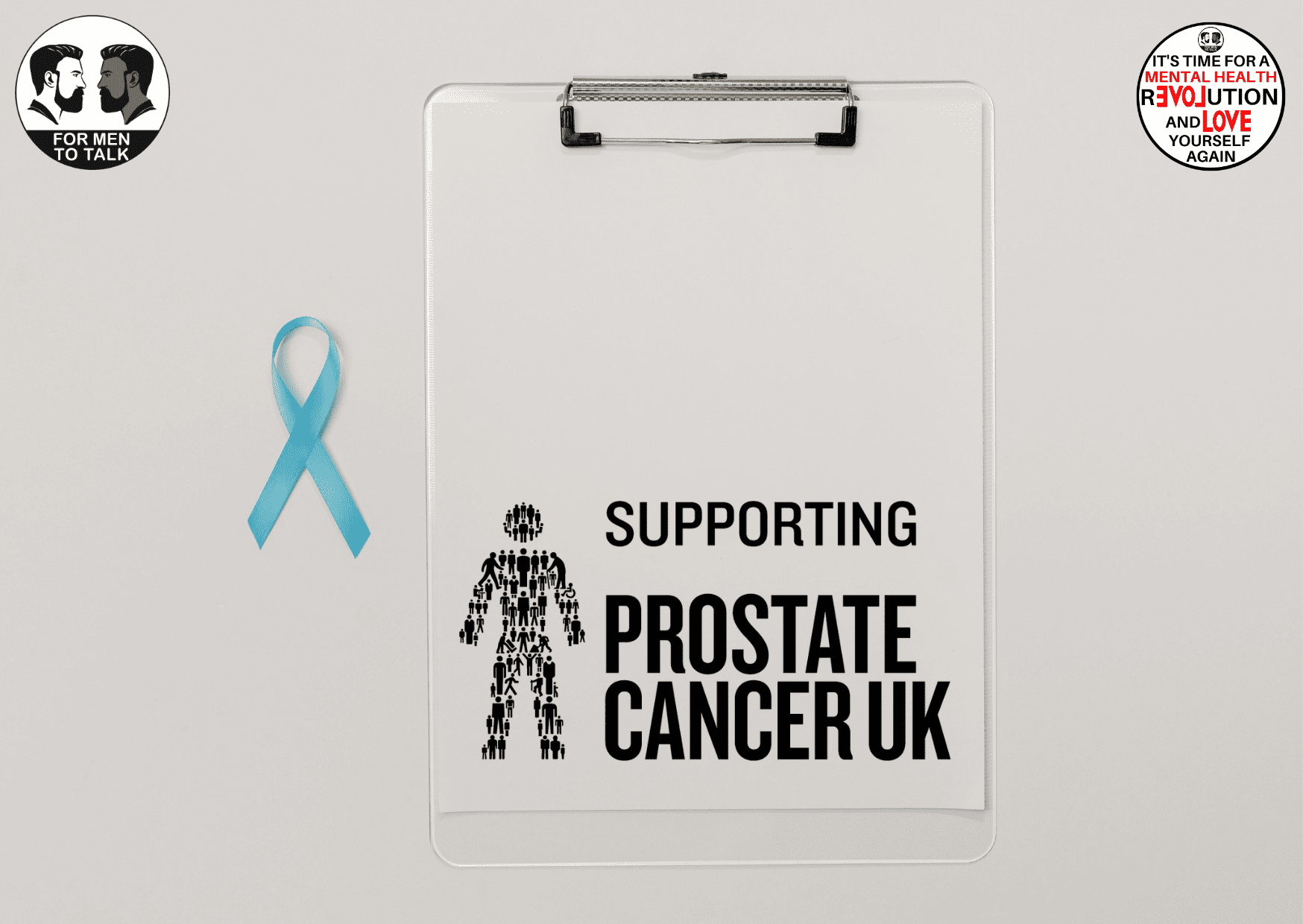Raising Awareness: Men’s Health Week and Prostate Health

This week marks Men’s Health Week, an essential period dedicated to raising awareness about the myriad health issues affecting men worldwide. This year, the spotlight is on prostate health—a topic of critical importance that often doesn’t receive the attention it deserves.
What is the Prostate?
The prostate is a gland that plays a crucial role in male reproductive health. Typically about the size and shape of a walnut, the prostate is located just below the bladder and surrounds the urethra, the tube responsible for carrying urine out of the body. The prostate’s primary function is to produce semen, the fluid that transports sperm.
Who Has a Prostate?
The prostate is not exclusive to cisgender men. The following individuals have a prostate:
- Men: The primary group recognised to have a prostate.
- Trans Women: Those who have transitioned from male to female may still have a prostate unless it has been surgically removed.
- Non-Binary People Assigned Male at Birth: Non-binary individuals who were assigned male at birth typically retain their prostate.
- Some Intersex People: Intersex individuals may have a prostate depending on their specific intersex variation.
Common Prostate Problems
Three main issues can affect the prostate:
- Enlarged Prostate: Also known as benign prostatic hyperplasia (BPH), an enlarged prostate can cause urinary problems.
- Prostatitis: This is an inflammation of the prostate, often caused by an infection.
- Prostate Cancer: A serious condition where cells in the prostate grow uncontrollably.
Understanding Prostate Cancer
Prostate cancer is one of the most common cancers among men. In the UK, about 1 in 8 men will be diagnosed with prostate cancer during their lifetime. While many prostate cancers grow slowly and may not cause significant problems, some can grow quickly and spread, necessitating prompt and effective treatment to prevent or delay serious health issues.
Early detection is crucial. Regular screenings and awareness of the symptoms can significantly improve outcomes. Symptoms may include difficulty urinating, a frequent need to urinate (especially at night), and pain or discomfort in the pelvic area.
Raising Awareness and Taking Action
Men’s Health Week serves as a reminder for men to take charge of their health. Regular check-ups and open conversations about health issues are vital. Check out the ‘For Men To Talk’ website at https://formentotalk.co.uk/malecancerawareness/ for a dedicated page to raising awareness of male cancers, including prostate cancer and testicular cancer.
Taking the time to educate yourself and others about prostate health can lead to early etection and treatment, improving health outcomes and saving lives. Let’s use this Men’s Health Week to start these critical conversations and promote a proactive approach to men’s health.